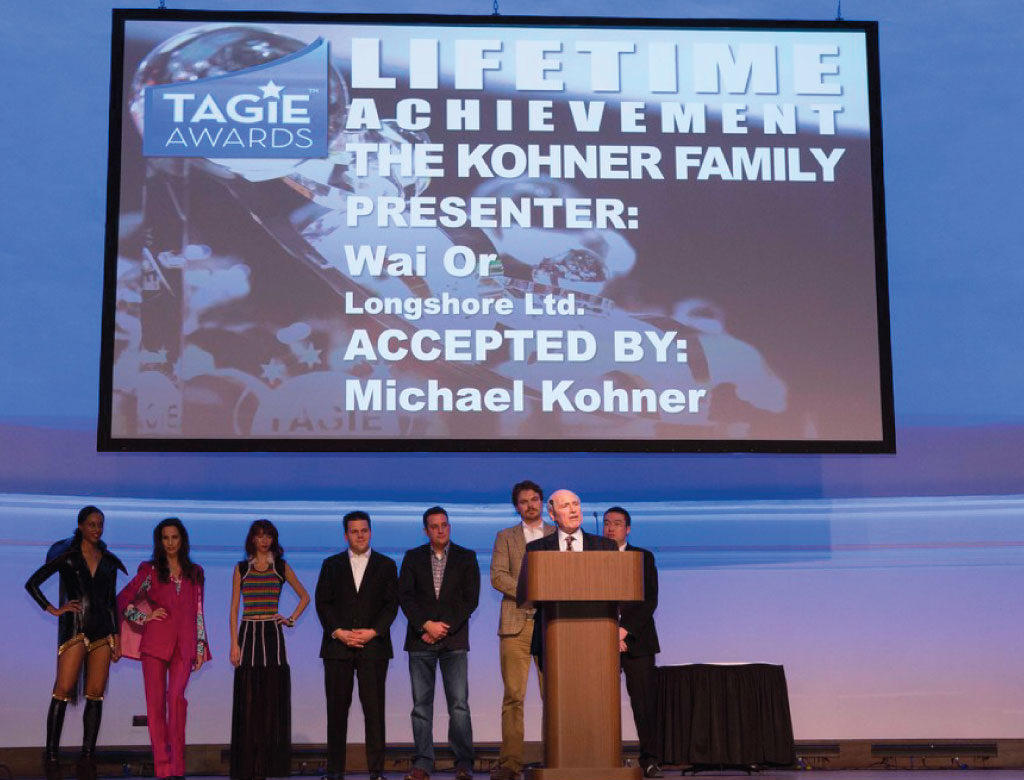Michael Kohner accepted the TAGIEs Lifetime Achievement Award on behalf of his family.
Michael Kohner is a mensch in every sense of the word. He is a man of his word, generous beyond measure, attentive to detail, and stands by friends and colleagues through thick and thin. His jokes are legendary; he could have been a stand-up comic, but our industry is better because he stayed with us. Many seek his advice (myself included) and he happily gives it and is willing to say what you don’t want to hear because that is what someone who really cares does. He’s all heart, makes the best amaretto sour and is very special to me.
Give us the backstory on how Kohner Toys came to be?
Kohner Bros. was originally a wooden bead company and the family business in a little town on the Czech/German border called Tachau. I am talking about finely polished beads from a barrel spinning process developed by in the 1870s by my great grandfather, Moritz Kohner, passed onto my grandfather Emil and his brother Max, and then to my father Paul and his brother, my Uncle Frank. Having escaped the Nazi invasions in Europe, my father started the business in Brooklyn in 1940, bringing his brother Frank over to join him after a couple of years (thus Kohner Bros.). That was the beginning of the “family” business that I would join in 1966, one year after my father Paul passed away suddenly from a heart attack.
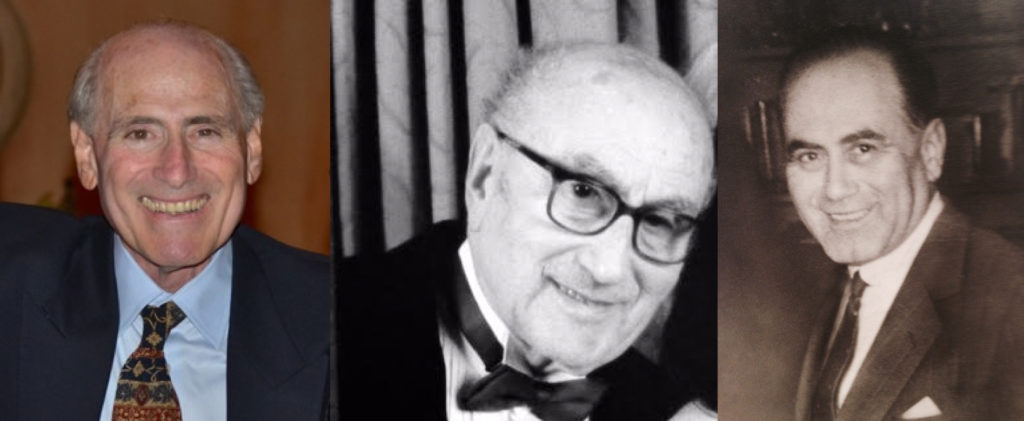
But back to the beginning, in America in the ’40s, luck was on Paul and Frank’s side as during WWII wooden [beaded] belts and handbags became the height of fashion. So they were able grow but also made financial arrangements to bring no less than 25 people— some family, some other family units, friends, and Holocaust survivors— from war torn Europe, mostly from Czechoslovakia. Many were given shelter food and work at Kohner Bros. and lived wonderful lives here.
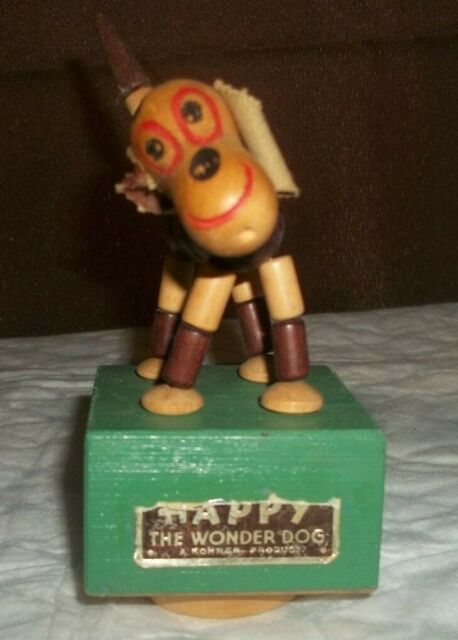
The first toys were, logically, bead-making kits in the mid-1940s, followed by pull toys made out of wood turnings and beads. The real self-made break into toys was when we acquired the patent rights from a Swiss inventor for Push Button Puppets. One of the great stories related to the early Push button puppets stemmed from a wonderful couple that Paul and Frank brought over from Czechoslovakia. They had little money but couldn’t leave their beloved pet Scotty dog named Happy behind. They were scared to tell Paul and Frank that part of the money went to bring the dog. They tried to hide it unsuccessfully. Contrary to their concerns, the dog was welcomed and a push button puppet called Happy the Wonder Dog was introduced with great success. The first puppets were made of wood but, like most of the Kohner Toys after the war, when plastics were no longer needed for the war effort, all the toys were made in out of plastic. The push button puppets led the Kohners to every conceivable character license in existence at the time—from Howdy Doody to Disney to Batman and Robin, Hanna-Barbera, and on. It also led to other novelties such as Tricky Trapeze and Pop Pals, which were staples in the big-chain stores at the time including Woolworths, S.S. Kresge, McCrory’s, etc.
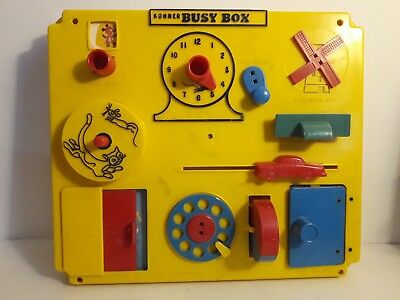
One only needs to go to eBay and plug in Kohner Toys to see the scope of toys and games that most people reading will know of or have heard of—from Busy Boxes (and multiple Busy-branded toys) to Trouble with Pop-O-Matic (and subsequent Pop-O-Matic-branded games) to Hi-Q (and a multitude of branded HI-Q branded solitaire puzzles) and more.
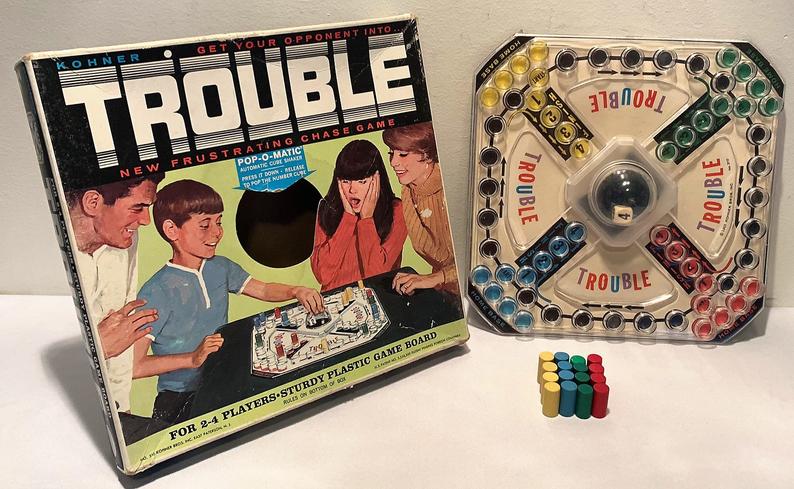
But the big take away for me was the Kohner brand and its good name. Kohner Bros. was sold in 1969 to General Foods. My Uncle Frank left to start a successful houseware company. I remained on as the last Kohner and executive vice-president until General Foods, realizing our products were not consumed like Jell-O and Maxwell House coffee, sold the company to Gabriel Industries in 1974. Interestingly, the person who was positioned as president of Kohner Bros. from General Foods was the president of Jell-O. When General Foods sold Kohner, he left also and started a toy distributorship in Texas. It got in his blood, just like me. I stayed on as a consultant with Gabriel Industries for six months at the request of the late great Jerry Fryer, who sold his company to CBS which started CBS Toys which didn’t last too long either since they were out of their element.
My father and my uncle and for a lesser time me ran a family business which made us proud to be a part of this great industry. Today, and since 1974, I try to carry the Kohner name proudly and take the responsibility that goes with maintaining that good will as The Michael Kohner Corporation.
How did you get interested in your family business?
This is partly a softball question. As a pre-teen I was brought to the New York hotels where Toy Fair [New York] was held to trade toys with the friendly competitors. Everyone was so friendly and it was so much fun. I can picture it to this day. It was like Christmas and Chanukah in February. Actually Jewish, my family celebrated both holidays at home.
The showrooms at Toy Fair were converted one- and two-bedroom hotel rooms. Most buyers would come in and actually write orders on the spot. It was a different time then and most companies knew how their year was starting to look pretty early on. My father always brought home prototypes of toys for me and my siblings to review, play with, and comment on. I imagine my Uncle Frank did the same with his young kids. In the early days, we were all involved in small ways and were excited when we got to see finish products that we saw in their infancy.
In my mid-teens, I worked in the factory on Wooster Street in Soho during parts of each summer. I did everything from sweeping floors, working on assembly lines, tumbling beads, sitting in on meetings, and learning quite a bit for young man. I loved working there. It was such a friendly atmosphere at every level. Of course, as foolish teen I got into trouble one summer at the factory. I had found a cartoon that said “Beware. You could be replaced by a button.” and taped it near the time clock where the employees punched in and out. My father was so angry when he found out I was the culprit and explained how important his people were to him and the business and how much they must be respected. They were part of his family. I felt terrible and I never forgot that as well as countless other lessons one must learn from growing up every day.
What from your own experience can you share with others who may have this opportunity to work in the toys and games industry?
In my case, it was bitter sweet. My best friend and mentor growing up was my father. He always wanted me to be part of the family business but unfortunately as I mentioned above he passed away suddenly at only 65 years of age, two weeks after I graduated from college and three weeks before I was married. It was his wish that before I came into the business that I went out on my own, got a job and learned how hard it is to make a dollar. Together with the blessing of my Uncle Frank (the other great part of Kohner Bross), I honored that wish and found a $5,000/year job as a supervisor at a mail-order company called Popular Merchandise in Passaic, N.J., which some readers may remember. It was great experience because I learned a lot and worked hard for that salary. This is great lesson for younger readers.
Then, in June of 1966, I joined Kohner Bros. My uncle served as a wonderful mentor. I also had a great teacher in Shelly Greenberg, our vice-president of marketing and sales at the time who was versed in artwork, character licensing, and sales and marketing. He was a genius. I literally kept my mouth shut for a year and a half and learned every aspect of the business (purchasing, productions, warehousing, shipping, etc.) because in order to be one of the people responsible for the business running as close to as a well-oiled machine as possible, you have to know everything about the business to have an open mind for new ideas and ways to improve upon existing business models.
Every family business has its uniqueness in personalities and family interaction but it is vital to know as much as possible about the day-in and day-out operations to be confident in your directions. I became the vice-president of manufacturing services, coordinating purchasing with production and with warehouse and shipping all being generated by the thing that must happen—sales. What changed my future long before I realized it was that we did very little internationally. We had a license here and there in Europe with Pop-O-Matic Trouble and I developed a close relationship with the help of the Irwin family in Canada who acquired our Busy line licensee. There was a world out there and I thought “global” for our licensing of the Kohner brand. It was amazing how it brought a lot of royalty money to the bottom line just wearing one of my many hats. Every company today must think global, if possible. Now of course my total focus is on international licensing and marketing of games.

